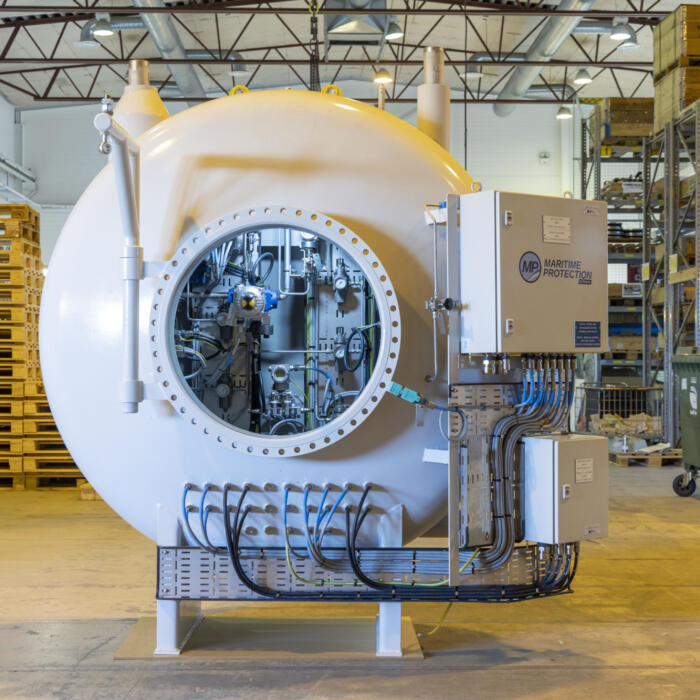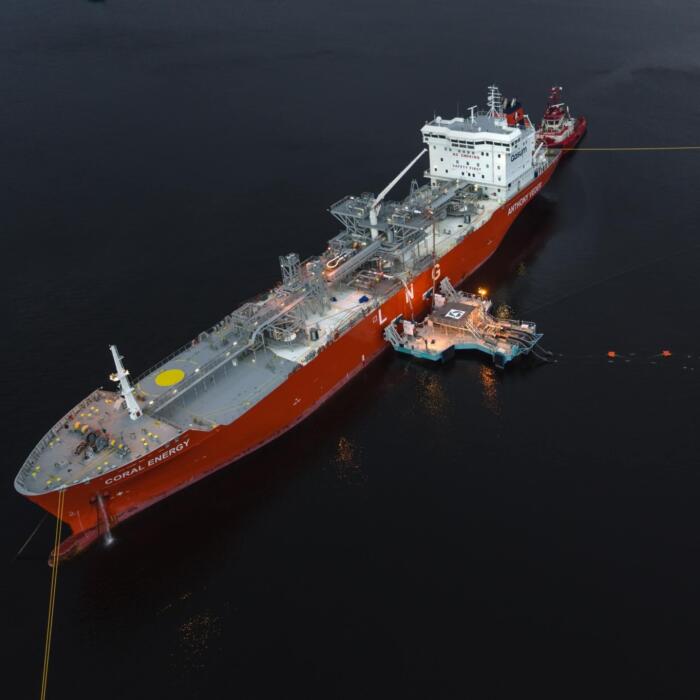Home → Industries → Construction & Shipbuilding
Construction & Shipbuilding
Leakage is the biggest threat to the shipbuilding industry, as ships are constantly being safe-guarded from the water they travels on and depends on in order to sustain operations. A common mentality towards sealing technology is a seal is a seal, and it won’t be a problem until disaster strikes. During production or in active service, a boat faces the possibility of developing countless leaks in various aspects of its piping network, ranging from fuel to mechanical operations to sanitation & plumbing. Until recently the best practice has been to tolerate these leaks on an 'acceptable level'.
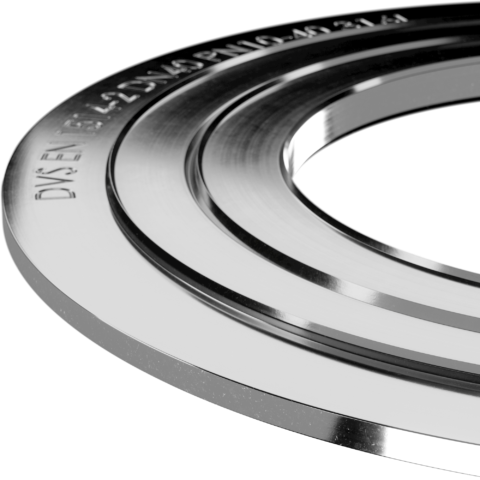
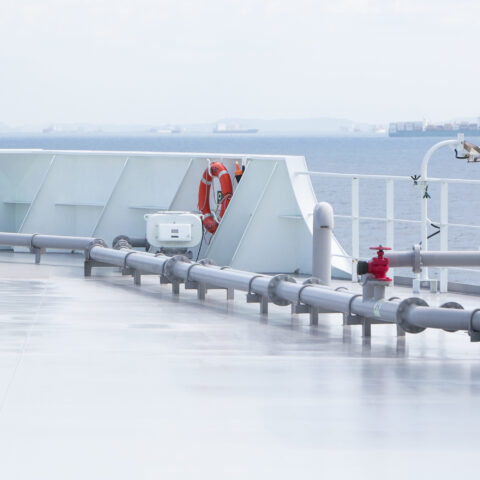
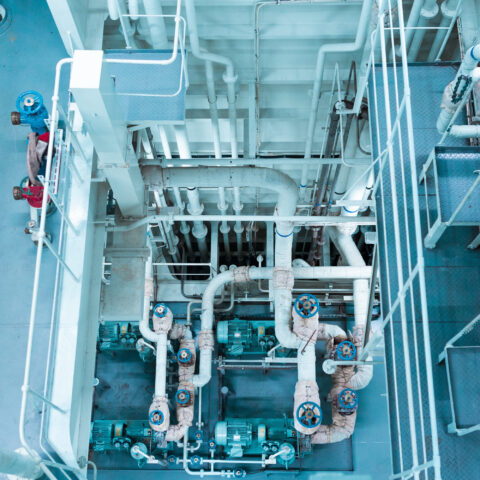
Applications
Once in active service, such unexpected failures may not be repairable unless a ship is brought into a dry dock. A seal offering long-lasting, maintenance-free, gas-tight connections are paramount in the function of any ships operations. The DeltaV-Seal™ is the sealing solution that satisfies the needs of the Shipbuilding Industry, as it is just as effective as the connecting piping at being corrosive resistant, gas-tight, fire-safe, blowout-safe, and tolerating extreme temperature fluctuations through various levels of operations. Utilizing a smarter seal not only means superior sealing performance, but it also means a client can operate without ever having to clean a flange or having to maintain it, for the entire operational lifespan of the flange connection.
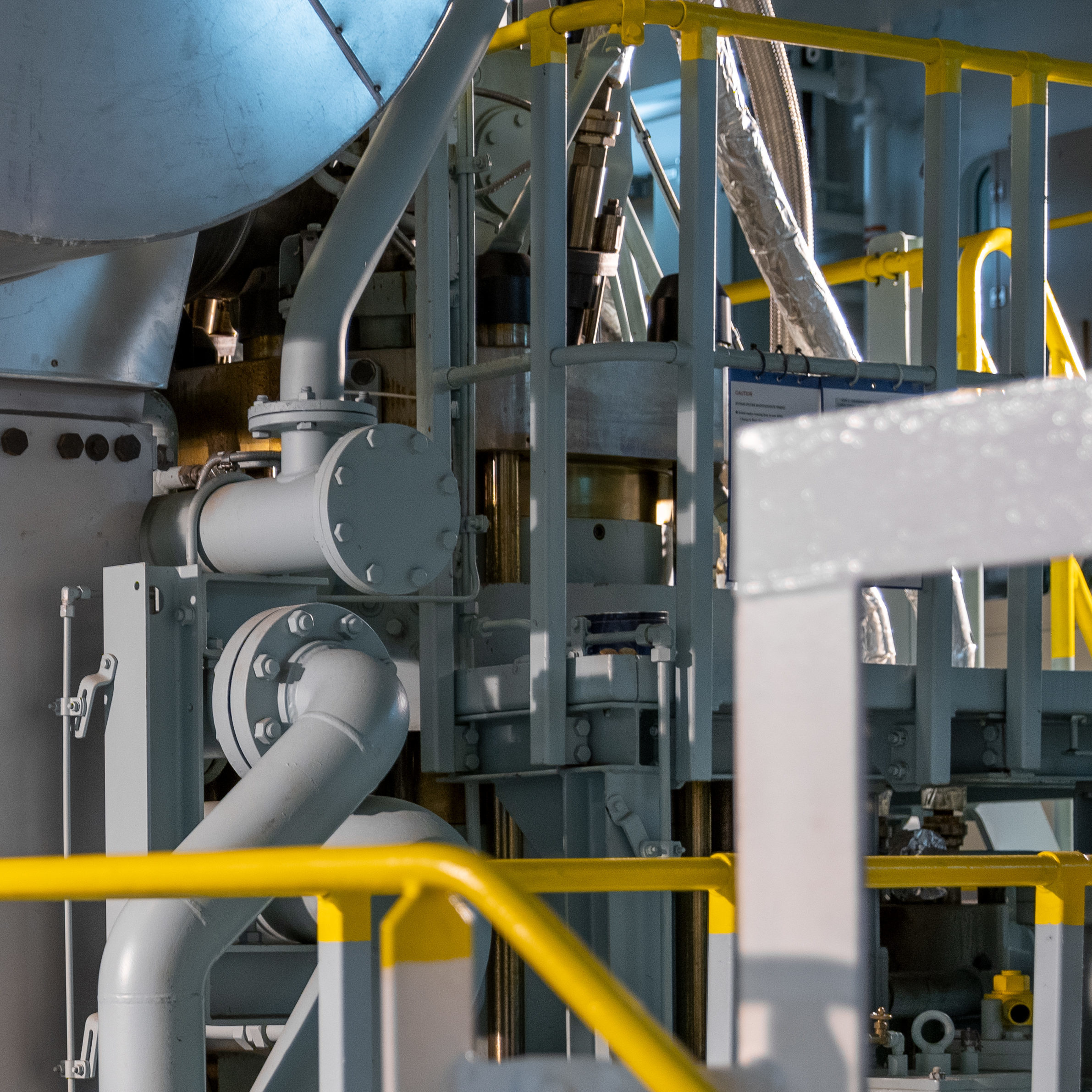
Steam piping
Onshore or offshore leaks in vital steam pipes can impact the effective functionality of systems such as: steam propulsion, electrical power generation, cargo pumps, climate control, as well as winches and windless on tanker ships. A fault in steam systems can also impact engine preheating systems that are required when a ship is in a cold environment or heating systems used for warming the heavy crude oil and lubrication oil.
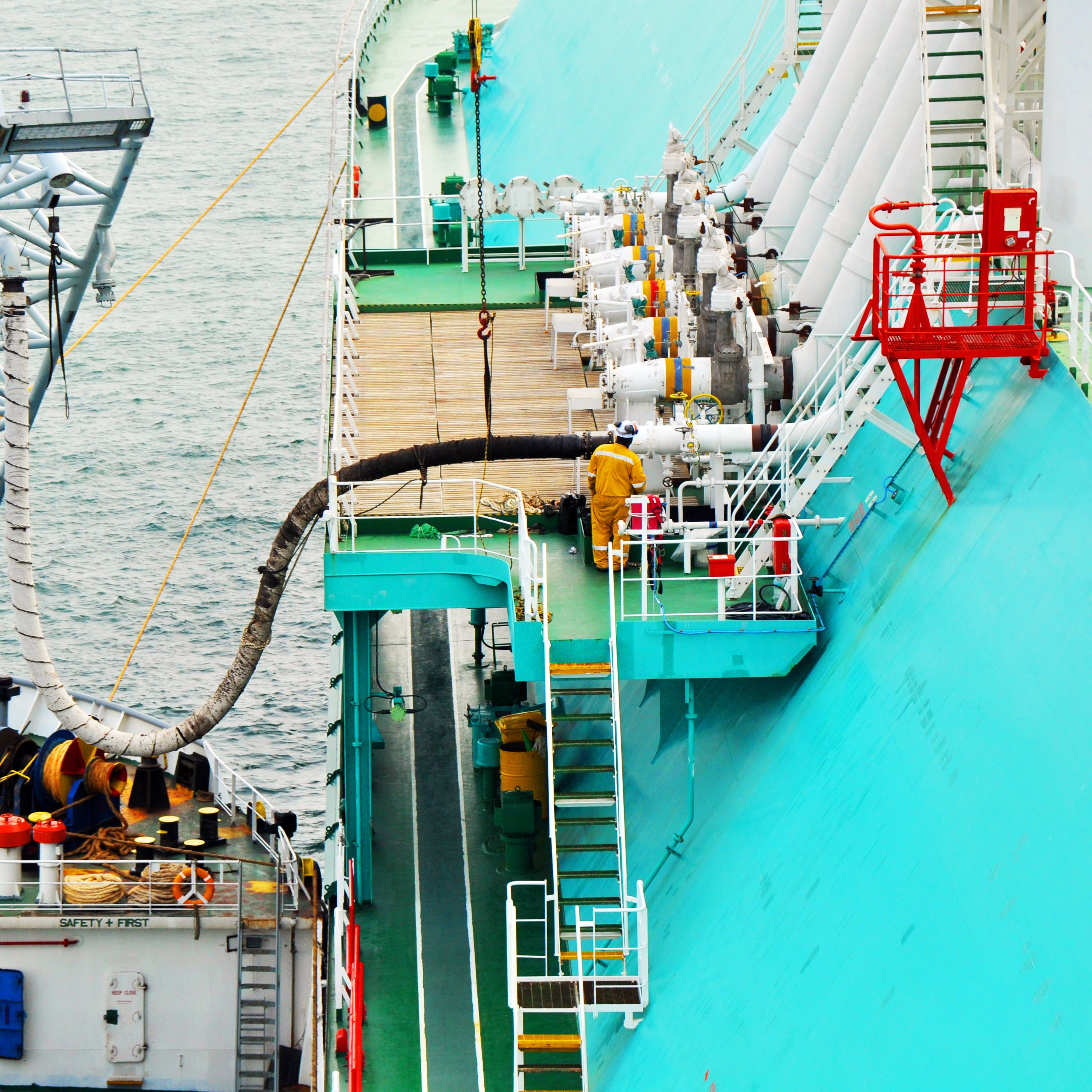
Heavy crude oil
Since heavy crude is a primary fuel source it must be secured with the highest sealing safety possible just as any highly flammable substance requires. As a residue from the crude oil refining process heavy crude oil contains a lot of impurities and must be kept at a high temperature both during storage and use in ships main engines. A tiny leak in the fuel pipes of this substance can cause numerous issues ranging from propulsion issues to fires to contamination from harmful substance exposure.
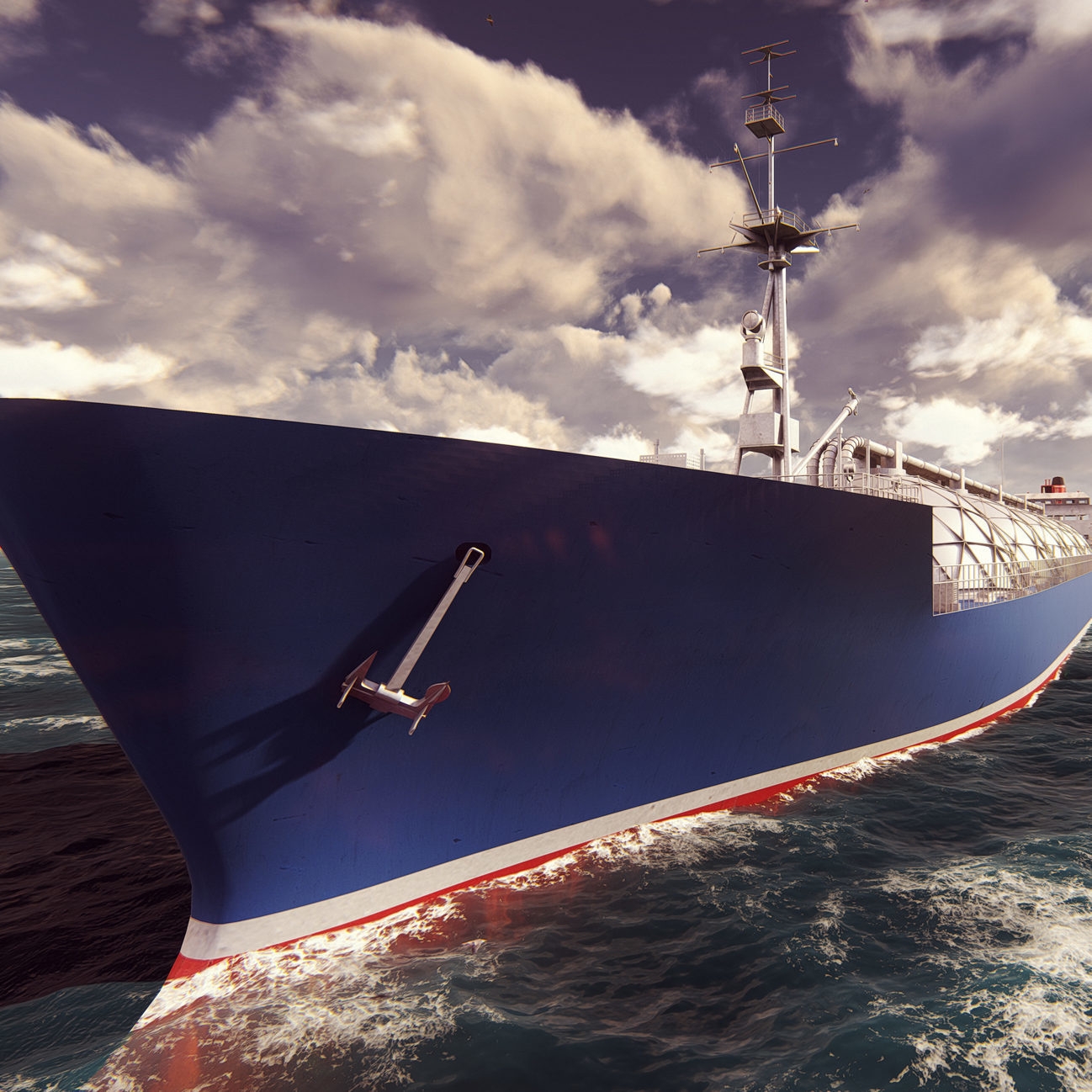
LNG (Liquid Natural Gas)
Kept under high pressure at cryogenic temperatures, it is crucial for safety and functionality that a seal can remains gas tight and tolerates extreme temperatures in order to retain maximum sealing strengths.
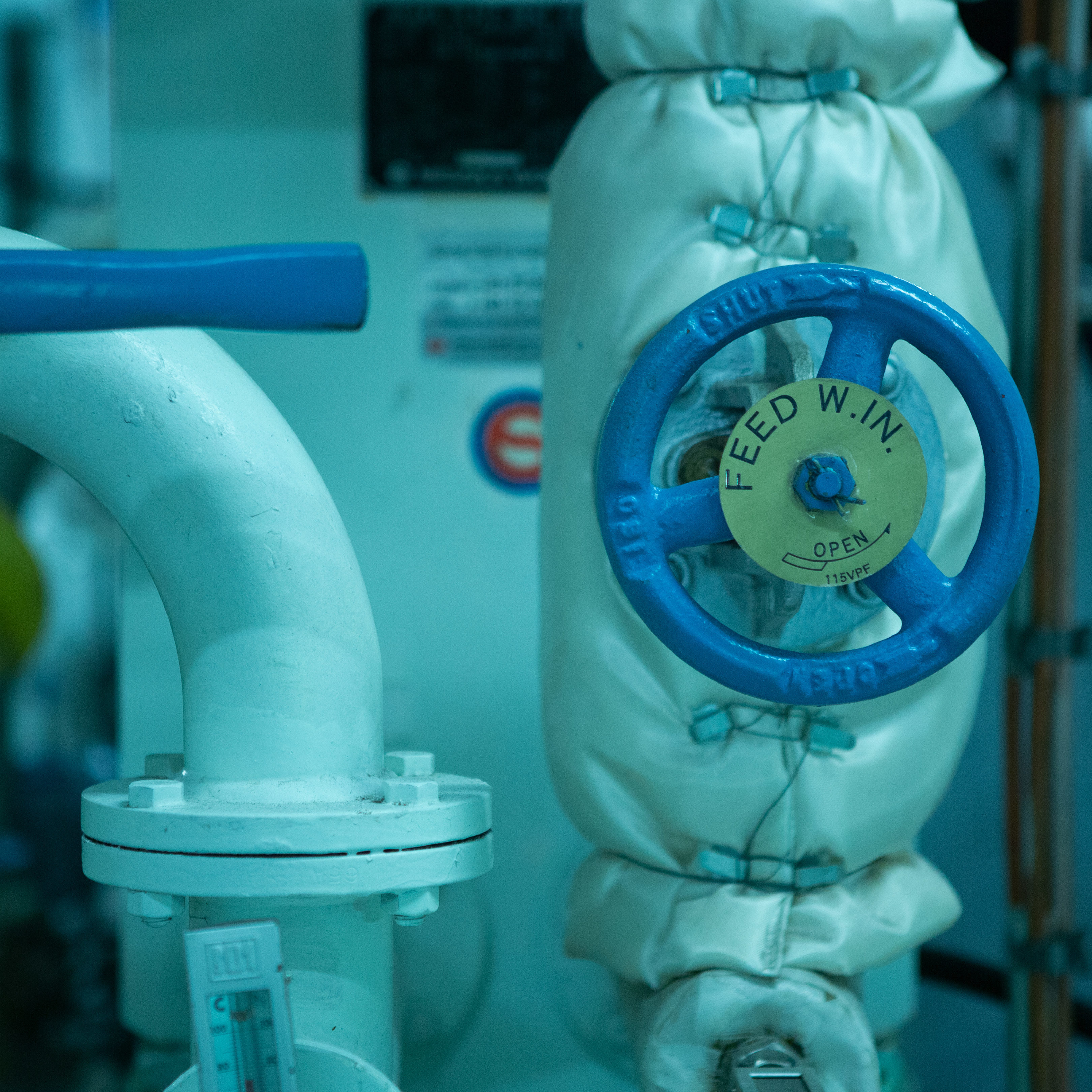
Water pipes
Forming a large majority of a ships piping network, water piping is required for various water-based systems onboard ranging from cooling to sanitation to fire safety. A leak caused by a failed flange can cause a variety of problems including (but not limited to): contamination of water, failures in fire control systems, inability to create clean drinking water, and jeopardizing buoyancy.
